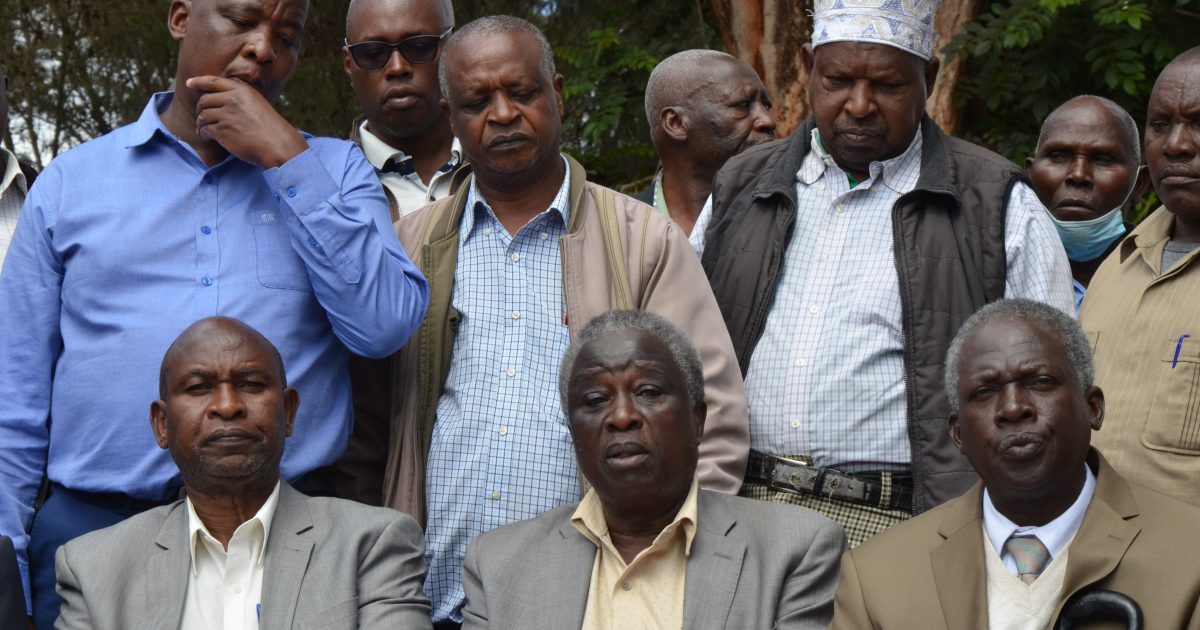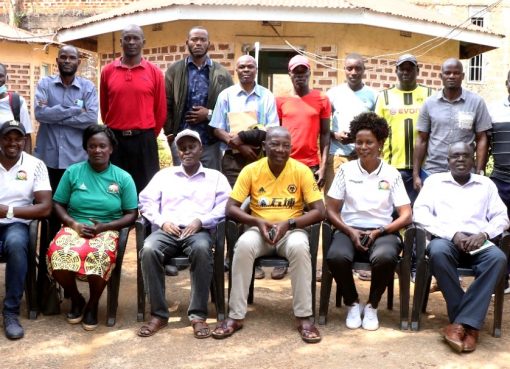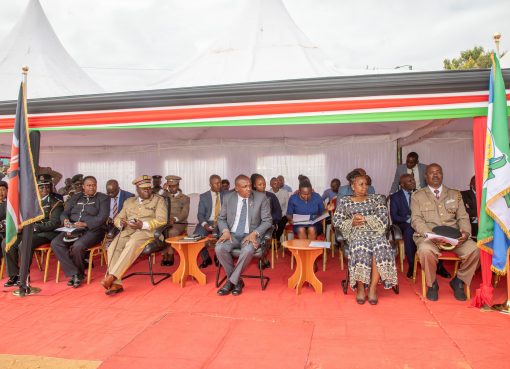The National Kikuyu Cultural Association, Kiama Kia Ma, has reduced the circumcision age of boys from the previous 14 years to 12 years of age.
According to the elders, the decision was reached after months of public participation sessions where they gathered views from religious leaders, ministry of education, public health and parents.
The resolution now clears the air as to whether or not boys in grade 6 under the Competence Based Curriculum (CBC) and who are expected to join junior secondary schools starting 2023 are eligible to undergo the rite of passage.
It also clarifies the confusion over whether or not standard seven boys under the 8-4-4 system can or cannot undergo circumcision in December this year.
Additionally, the elders stated that with the resolution, individual parents with children between the ages of 12-14 years will be expected to make a decision as to the most suitable time for their sons to undergo circumcision.
“The elders have advised that the desirable age of the rite of passage is 12 years down from 14 years. They have deliberated on the amendment to the curriculum for counseling to reflect the younger ages and include review mentorship during subsequent school holidays,” said Eng Patrick Muiru, the Secretary General, Kiama Kia Ma.
“While the decision to take the child through the rite of passage depends on parents and the cultural environment, it is prudent to note that the transition across education levels is constant. It has been agreed that the age of initiation be re-looked and commensurate mentorship be amended to reflect younger age of transition,” he added.
Uncertainty has been rife over how this year’s rite of passage will take place given that there are two sets of initiates expected in December this year. Before the outbreak of the Covid-19 pandemic which caused disruptions on the academic calendar, circumcision of young kikuyu boys used to take place in December after the completion of the Kenya Certificate of Primary School Education (KCPE).
But it is the adoption of the CBC curriculum that threw the initiation calendar in a spin. There has also been dispute over whether or not boys in standard 7 under the 8-4-4 system will be circumcised earlier than the expected time.
The decision now lies with the parents; they are the ones to decide whether or not to have their 12-year-old circumcised or not. They will also decide whether or not to circumcise their sons while in standard 7. What we have done as elders in consultation with health and psychologists is to broaden the age gap,” said Joseph Thiong’o, the elder in charge of rite of passage for Kiama Kia Ma.
The elders drawn from the 12 counties of Nyandarua, Nakuru, Nyeri, Nairobi, Murang’a, Kilifi, Kirinyaga, Kajiado, Kiambu, Laikipia, Lamu and Mombasa were speaking at the Regional Police Training College in Ruring’u during a capacity building workshop for mentorship of youth initiates.
The workshop was jointly organized by the Foundation for Dialogue to harmonize the curriculum to be used during youth initiates mentorship programmes ahead of the initiation ceremony.
They further said that they had amended the curriculum for counseling to reflect the pre-teens and the continuous sessions would take place during school holidays. The elders urged school heads and teachers to protect children who are likely to join junior secondary without undergoing the rite of passage from bullying adding that parents had a right to choose the right circumcision time for their child.
By Wangari Mwangi and Kiama Wamutitu





